Esteemed Brother and Friend,
Precisely because the test of the London newspaper would close the mouths of the skeptics — it is unthinkable. See it in what light you will — the world is yet in its first stage of disenthralment if not development, hence — unprepared. Very true, we work by natural not supernatural means and laws. But, as on the one hand Science would find itself unable (in its present state) to account for the wonders given in its name, and on the other the ignorant masses would still be left to view the phenomenon in the light of a miracle; everyone who would thus be made a witness to the occurrence would be thrown off his balance and the results would be deplorable. Believe me, it would be so — especially for yourself who originated the idea, and the devoted woman* who so foolishly rushes into the wide open door leading to notoriety. This door, though opened by so friendly a hand as yours, would prove very soon a trap — and a fatal one indeed for her. And such is not surely your object?

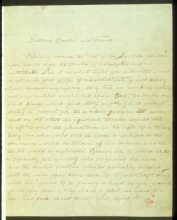
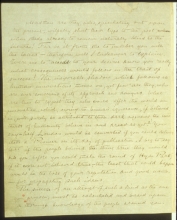
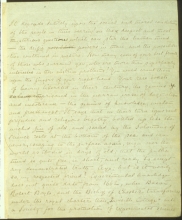
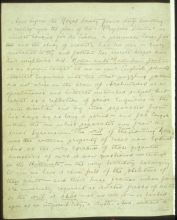
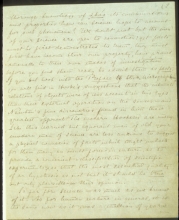

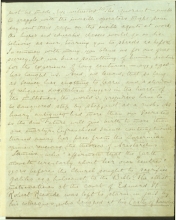
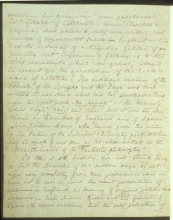
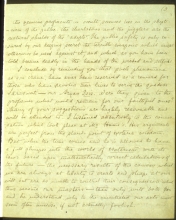
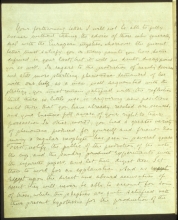

* - The devoted woman refers to Helena Petrovna Blavatsky.